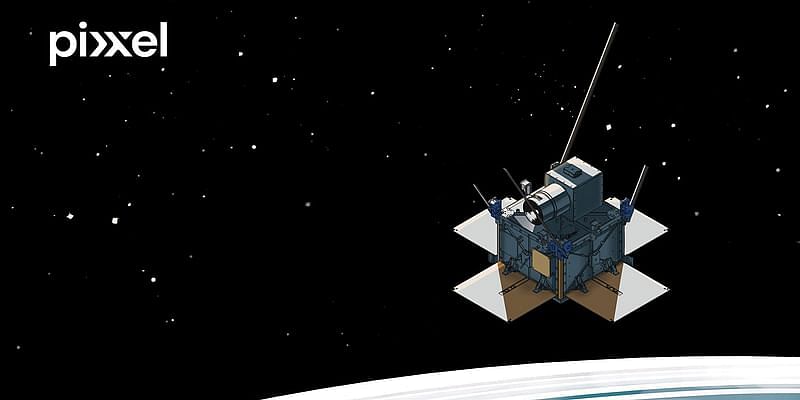Space startup Pixxel, which is building a constellation of hyperspectral imaging satellites for monitoring the earth, on Thursday said it had raised $36 million in funding and found a new investor in Google, which offers mapping services besides a popular search engine.
The new funds will also help further the development of ‘Aurora’, Pixxel’s AI-powered analytics platform to make hyperspectral analysis accessible for everyone, a company statement said.
The funds will also bolster Pixxel’s plans to launch six satellites in 2024 and another 18 by 2025.
“With this round of funding, we are even closer now to realising our mission of building a health monitor for the planet, and empowering people around the world to make informed decisions about our collective well-being,” said Awais Ahmed, co-founder and CEO of Pixxel said in a statement here.
The new funds will advance Pixxel’s mission to build the world’s first and highest-resolution hyperspectral satellite constellation, delivering actionable climate insights on a planetary scale, a company statement said.
Pixxel’s venture funding now totals $71 million, propelling it to the highest-funded space tech startup in India.
New investors join existing backers like Lightspeed, Radical Ventures, Accenture Ventures, Relativity’s Jordan Noone, Seraphim Capital, Ryan Johnson, Blume Ventures, Sparta LLC, growX Ventures, Athera Venture Partners, Omnivore VC, the company statement said.
Data from Pixxel’s satellites will be critical in helping global organisations closely monitor emissions, water pollution, gas leaks, oil spills, soil composition, forest biodiversity and crop health in unprecedented detail and at faster speeds.
“We are incredibly grateful to our world-class investors for their unwavering support and belief in our vision and are excited to work together to create a meaningful positive impact on the future of our planet,” Ahmed said.
Pixxel’s hyperspectral satellites can capture images at hundreds of wavelengths in the electromagnetic spectrum and reveal key data about the health of the planet.
Both the hyperspectral constellation and advanced data analytics platform will provide up to 10 times more information compared to today’s multispectral satellites in space and increase the spectral resolution available by 50 times.
Pixxel launched three pathfinder missions last year and added new customers for its hyperspectral imaging products.
The company also announced a five-year contract with the NRO Commercial Systems Program Office (CSPO) for the Strategic Commercial Enhancements for Commercial Hyperspectral Capabilities programme.










